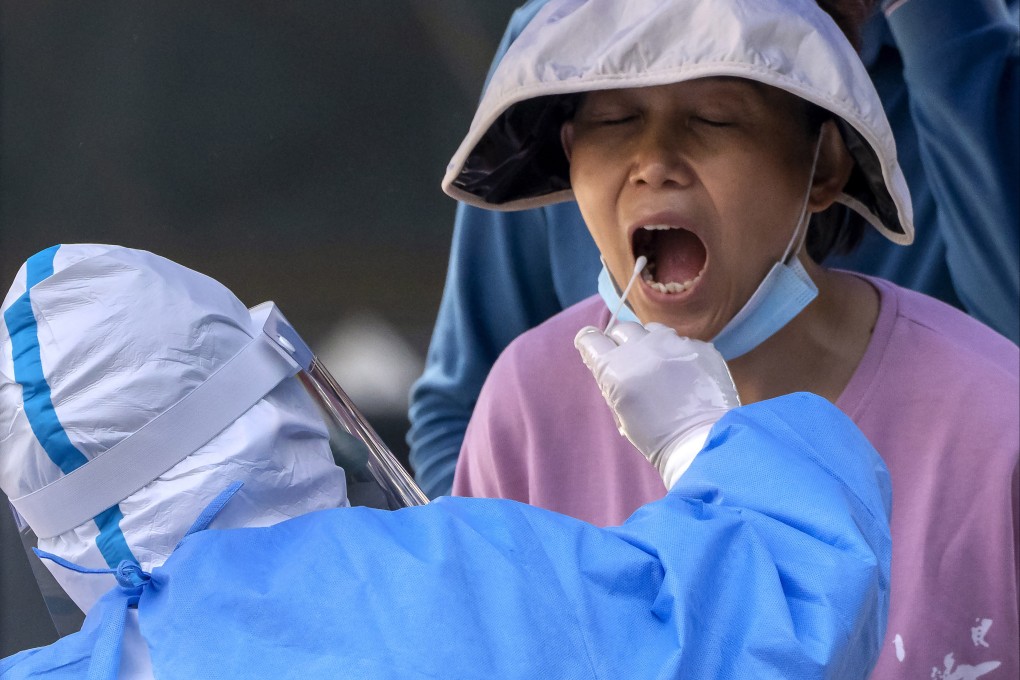Editorial | Hong Kong must learn lesson after Covid-19 to deal with the next threat
- Top scientists from the city form global partnership that stresses the need to be prepared to fight future pandemics

The Covid-19 pandemic seems like history now. Officially, it is no longer classified as a public health emergency of international concern.
That does not mean we are completely risk-free, though. Some people continue to wear masks wherever they go, and self-test kits are commonly used.
Many are still living under the shadow of the disease, either coping with its long-term effects or the loss of loved ones. The health crisis remains a painful experience from which lessons have yet to be fully learned.
The initiative by Columbia University virologist Professor David Ho and the University of Hong Kong microbiologist Professor Yuen Kwok-yung to create a global partnership to study emerging infectious diseases is a positive step that will enhance preparedness for challenges that may lie ahead. Also joining the “Pandemic Research Alliance” are mainland China’s Tsinghua University and Doherty Institute/University of Melbourne in Australia.
Focusing on respiratory viruses transmitted from person to person, the alliance will pursue a comprehensive set of research initiatives on surveillance, diagnostics, antiviral drugs and monoclonal antibodies, viral evolution and resistance to therapeutics, antibody engineering, vaccine development and pathogenesis. “Once we define the most important threats, we could start to study them in greater detail to see if we could develop drugs, antibodies and vaccines, and get them ready,” Ho said.
The virologist needs no introduction, being one of the first to identify HIV and chart its effects on patients. Yuen is well known for his expertise in helping curb Covid-19 and worked with Ho to improve treatment options during the outbreak of severe acute respiratory syndrome (Sars) in 2003.
